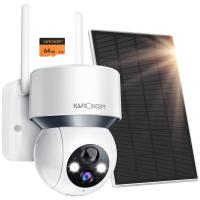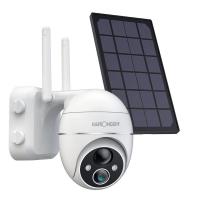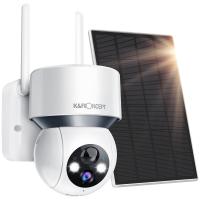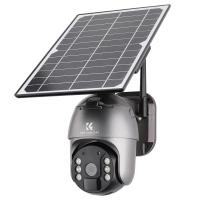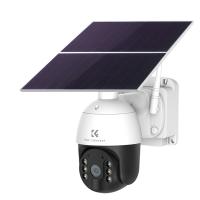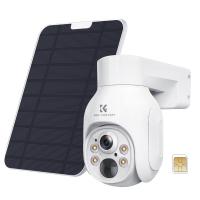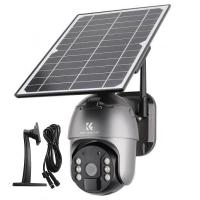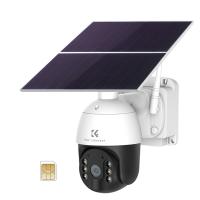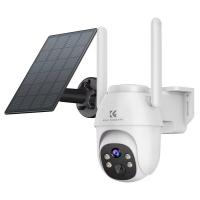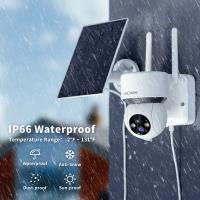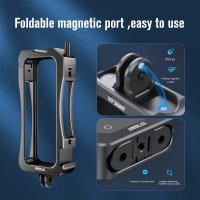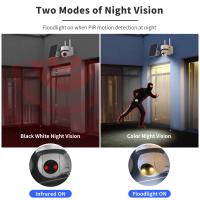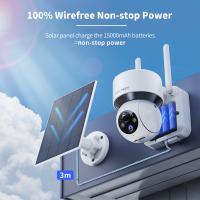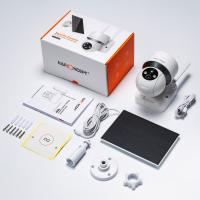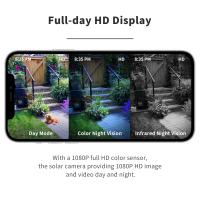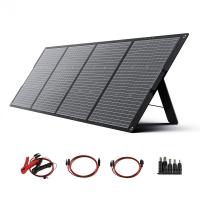How Are Solar Panels Rated?
Solar panels have become an increasingly popular choice for generating renewable energy, both for residential and commercial use. However, understanding how solar panels are rated can be a complex task for many consumers. This article aims to demystify the rating system for solar panels, providing a comprehensive guide to help you make informed decisions when considering solar energy solutions.
Understanding Solar Panel Ratings
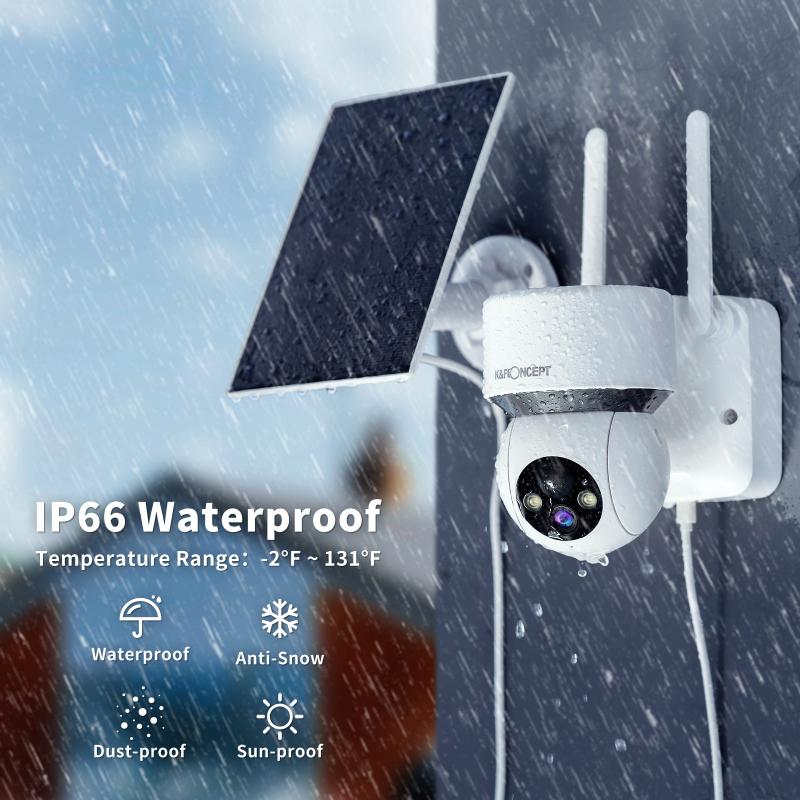
Solar panels are rated based on several key parameters, each of which provides critical information about their performance, efficiency, and suitability for different applications. The primary factors include:
1. Wattage (Power Output)
2. Efficiency
3. Temperature Coefficient
4. Durability and Warranty
5. Type of Solar Cells
Wattage (Power Output)
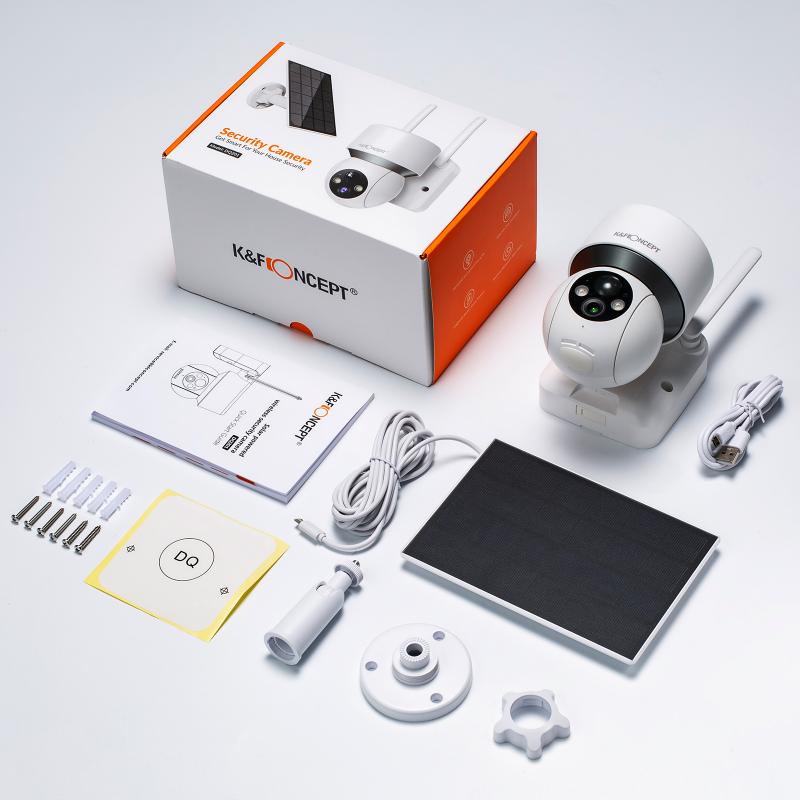
The wattage of a solar panel, often referred to as its power output, is one of the most straightforward and essential ratings. It indicates the amount of power the panel can produce under standard test conditions (STC), which include a solar irradiance of 1000 watts per square meter, a cell temperature of 25°C, and an air mass of 1.5.
For example, a 300-watt solar panel can produce 300 watts of power under these ideal conditions. However, real-world conditions often differ, so the actual power output may vary. Higher wattage panels are generally more efficient and can generate more electricity, making them suitable for larger installations or areas with limited space.
Efficiency
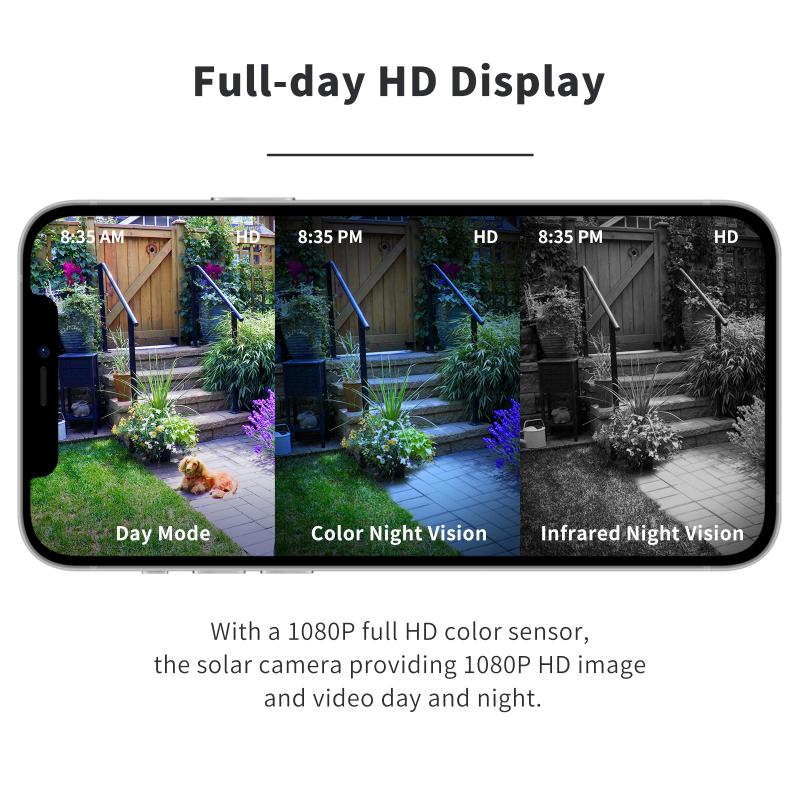
Efficiency is another crucial rating for solar panels. It measures the percentage of sunlight that the panel can convert into usable electricity. For instance, if a solar panel has an efficiency rating of 20%, it means that 20% of the sunlight hitting the panel is converted into electrical energy.
Higher efficiency panels are typically more expensive but can generate more power in a smaller area, making them ideal for installations with limited space. Efficiency ratings can range from around 15% to over 22% for the most advanced panels.
Temperature Coefficient

The temperature coefficient is a less commonly understood but vital rating. It indicates how the panel's performance changes with temperature. Solar panels generally perform better at cooler temperatures. The temperature coefficient is expressed as a percentage per degree Celsius (°C).
For example, a temperature coefficient of -0.5%/°C means that for every degree Celsius increase in temperature above 25°C, the panel's efficiency decreases by 0.5%. Panels with a lower temperature coefficient are better suited for hot climates, as they will lose less efficiency in high temperatures.
Durability and Warranty
Durability and warranty are also critical factors in the rating of solar panels. Most manufacturers offer warranties that cover both the product and its performance. A typical product warranty might last 10-12 years, while a performance warranty could guarantee 80-90% of the panel's original efficiency for 25 years.
Durability ratings often include certifications for resistance to environmental factors such as wind, hail, and snow. Panels that are certified to withstand harsh conditions are generally more reliable and have a longer lifespan.
Type of Solar Cells
The type of solar cells used in a panel also plays a significant role in its rating. The most common types are monocrystalline, polycrystalline, and thin-film.
- Monocrystalline Panels: These are made from a single crystal structure and are known for their high efficiency and sleek appearance. They are generally more expensive but offer better performance, especially in low-light conditions.
- Polycrystalline Panels: These are made from multiple crystal structures and are typically less efficient than monocrystalline panels. However, they are more affordable and still offer good performance.
- Thin-Film Panels: These are made by depositing one or more layers of photovoltaic material onto a substrate. They are the least efficient but are lightweight and flexible, making them suitable for specific applications like portable solar chargers or building-integrated photovoltaics (BIPV).
Practical Considerations for Choosing Solar Panels
When selecting solar panels, it's essential to consider your specific needs and circumstances. Here are some practical tips to help you make the best choice:
1. Assess Your Energy Needs: Calculate your average energy consumption to determine how much power you need your solar panels to generate. This will help you decide on the wattage and number of panels required.
2. Evaluate Your Installation Space: Measure the available space for installing solar panels. If space is limited, you may need to opt for higher efficiency panels to maximize power output.
3. Consider Your Climate: Take into account the typical weather conditions in your area. If you live in a hot climate, look for panels with a low temperature coefficient. If you experience frequent snow or hail, ensure the panels have high durability ratings.
4. Budget Constraints: Determine your budget for the solar panel installation. While higher efficiency panels and those with better durability may have a higher upfront cost, they can offer better long-term value through increased energy production and longevity.
5. Check Manufacturer Reputation: Research the reputation of different solar panel manufacturers. Look for companies with a history of producing reliable, high-quality panels and offering robust warranties.
6. Consult Professionals: If you're unsure about any aspect of choosing solar panels, consult with a professional solar installer. They can provide personalized recommendations based on your specific situation and ensure that your installation is optimized for maximum efficiency and performance.
Understanding how solar panels are rated is crucial for making informed decisions about solar energy solutions. By considering factors such as wattage, efficiency, temperature coefficient, durability, and the type of solar cells, you can select panels that best meet your energy needs and environmental conditions.
Remember to assess your energy requirements, evaluate your installation space, consider your climate, and factor in your budget when choosing solar panels. Additionally, researching manufacturer reputations and consulting with professionals can further ensure that you make the best choice for your solar energy system.
By taking the time to understand these ratings and considerations, you can invest in a solar panel system that will provide reliable, efficient, and sustainable energy for years to come.


